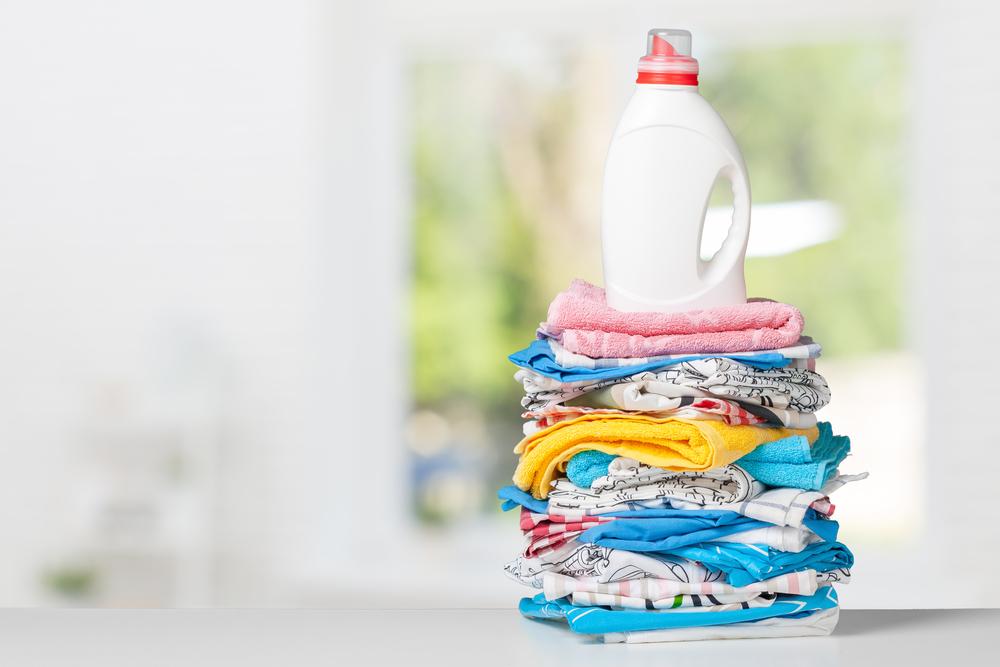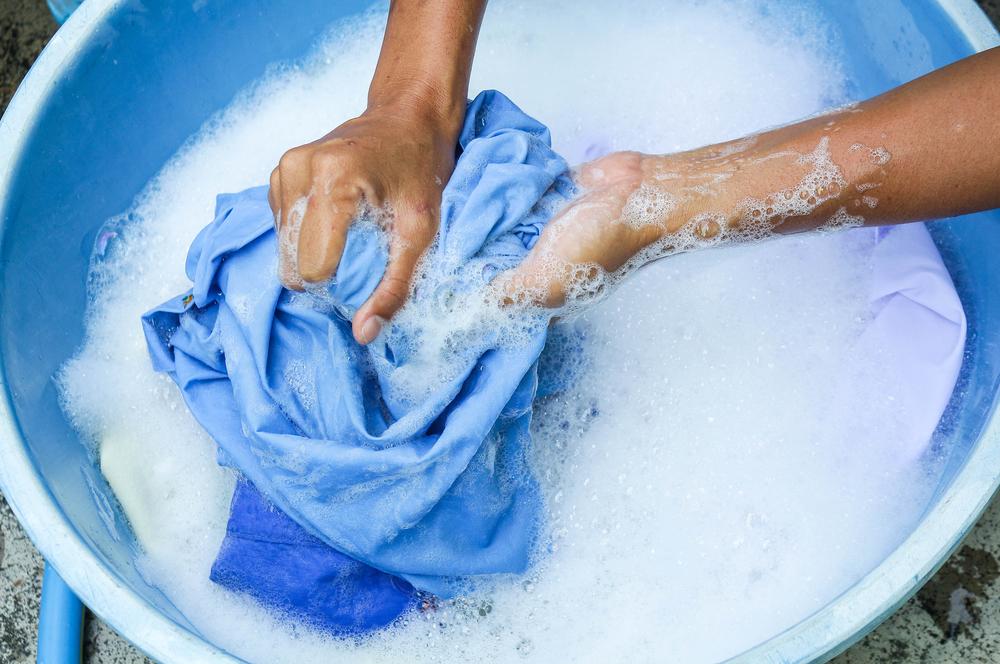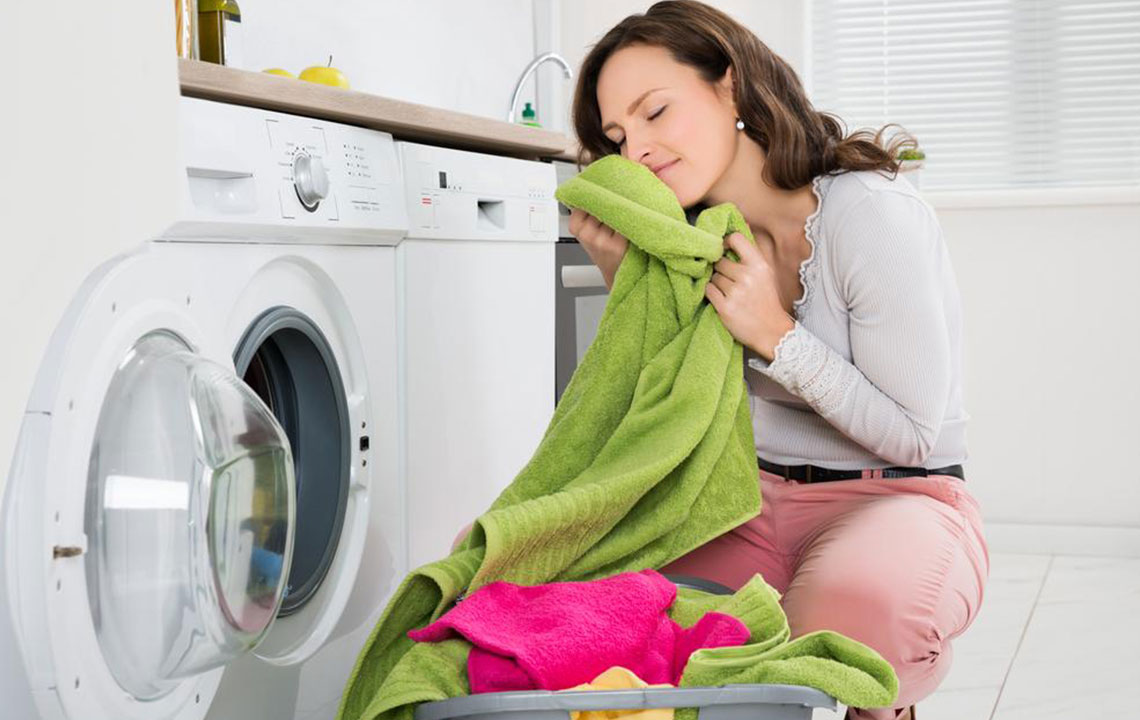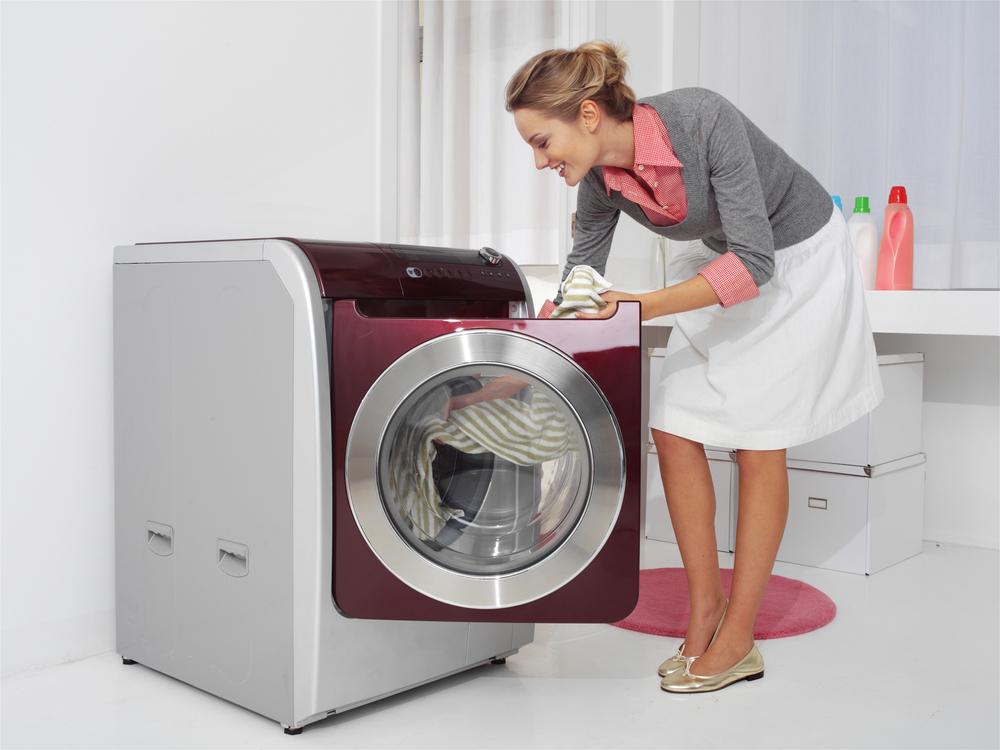Things you must know about high-efficiency detergents
When it comes to high-efficiency detergents, there is a great deal of confusion regarding the product. High Efficiency or HE laundry detergents are built for high-efficiency washing machines which utilize less amount of water than the regular machines. These washers are horizontal-axis washing machines (front loaders), and they use one-third to two-thirds less quantity of water than those of the ordinary vertical-axis washers (top loaders) which means regular detergents do not work or dissolve smoothly or leave the residue of soaps in garments.

While many people wonder if high-efficiency detergents are of any utility, the truth is that these are particularly effective. The tumbling action of a front loader machine is much more gentle on fabrics of clothes. While the tumbling adds air to the flowing water when the garments are plunged and elevated out of the flow, it may generate more foam in the process which may further overflow and damage the high-efficiency washer. To lower excess froth, smaller amounts of detergent is needed. The lesser detergent may, therefore, be insufficient to wash the clothes properly. To overcome these issues, it’s important to use specially designed detergents for front-loaders. High-efficiency detergents, therefore, are the most recommended detergents for this purpose. The front loader washers need less water as well as energy than the regular ones which is the prime criteria of high-efficiency detergents as they are formulated in such a way. Such detergents are usually more expensive than regular ones. Standard washers which use regular laundry detergents consume nearly 23 gallons of water for each load, whereas the high-efficiency loaders use only 13 gallons, saving about 3000 gallons per year. While many may think, it’s a marketing tactic for the manufacturers of high-efficiency washers to concentrate on high-efficiency detergents for the machines, in reality, there are actual reasons behind this. The conditions mentioned above can be considered as the main reasons for using high-efficiency detergents in front-loader washers.
People may get confused if they can use high-efficiency detergents in regular washers or not. The truth is that you can use high-efficiency detergents in regular or top-loader washers but not the other way around. The high-efficiency detergents have the same cleaning ingredients like enzymes, water conditioners or surfactants. The only difference in high-efficiency detergents is that these are formulated to cause low-sudsing in case of high-efficiency energy efficient washers which use less water for their cleaning and rinsing cycles.
While many consumers feel that they can use regular detergents in high-efficiency washers, it is, generally, not recommended to use HE detergent in non-specialized washers. As any machine that utilizes less amount of water, the washing cycles can agitate the detergent and create an overload of bubbles. This is a crucial issue that is ruled out in HE detergents. Overload of bubbles can confuse the cycles and result in delay and make washing tougher. To avoid any potential damages to your clothing or washers, it is necessary that you use detergents that are recommended for High-efficiency washers.
High-efficiency detergents are available in supermarkets or in shops where regular soaps or detergents are available. There is no difference in prices of such detergents. Quite like other products, bulk shopping can get you savings. Watch out for the ‘HE’ sign to identify the required detergent for your high-efficiency washer.
Apart from the HE washers, hybrid washers are also present in the markets which demonstrate a conventional top loading style including some with an automatic sensor to adjust water quantity for the purpose of washing. In all cases, you must pay heed to the manufacturer’s guidelines and manuals. These manuals are usually specific about the detergents and can protect the washer from getting damaged. Using improper soap or detergent can cause adverse effects on the warranty clauses and you may require immediate service.




